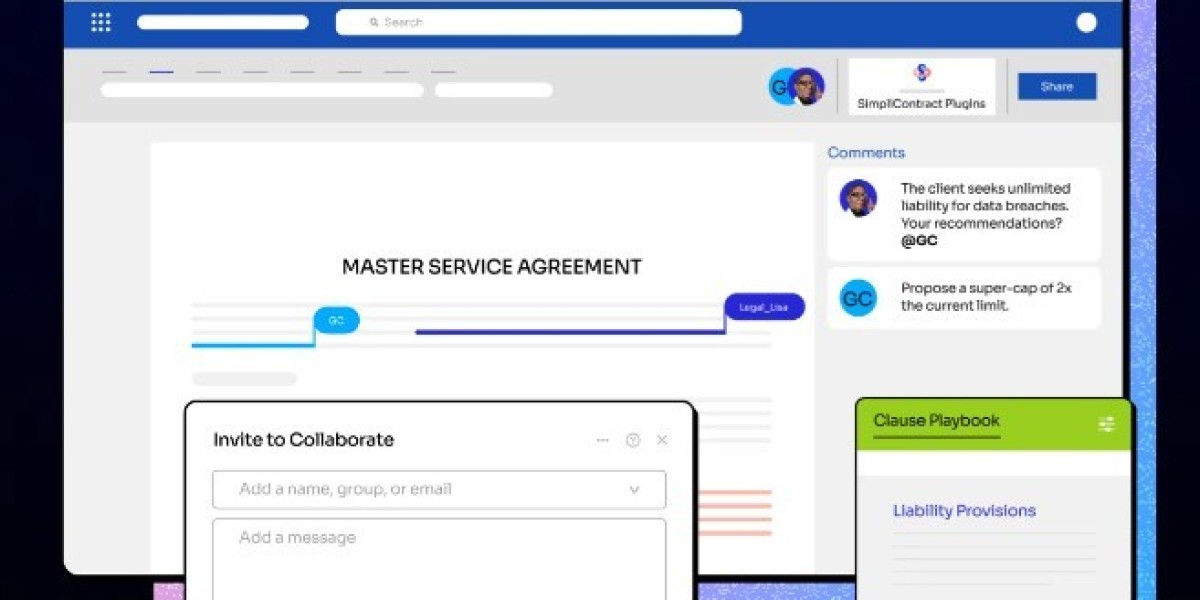In today’s fast‑paced digital marketplace, brands must leverage every advantage to capture consumer attention. AI Advertising has emerged as a game‑changer, empowering marketers to move beyond manual guesswork and harness data‑driven precision. By combining intelligent algorithms with creative flexibility, businesses can deliver the right message to the right audience at exactly the right moment—maximizing engagement while reducing wasted spend.
1. Deep Audience Understanding
Advanced systems now analyze billions of data points—such as browsing behaviour, social engagement, and transaction history—to build comprehensive customer profiles. This level of insight goes far beyond basic demographics, allowing brands to anticipate needs and tailor content accordingly. Rather than casting a wide net, campaigns target individuals based on predicted interests and life events. The result is higher relevance, stronger emotional connections, and measurable uplifts in click‑through and conversion rates.
2. Dynamic Creative Generation
Conventional ad creation typically depends on fixed creatives that can quickly lose their impact. Today’s platforms automatically assemble and test hundreds of creative variations by mixing headlines, imagery, and calls to action. Underperforming combinations are paused in real time by the AI Ads Generator, while high‑performing treatments are automatically scaled across channels. This accelerated iteration cycle keeps campaigns in a state of continuous evolution, maximizes audience engagement, and removes manual bottlenecks from the creative workflow.
3. Automated Bidding and Budget Allocation
Managing bids and budgets across multiple networks has historically demanded constant human oversight. Modern tools adjust spending dynamically, responding instantly to auction conditions, competitor moves, and real‑time performance metrics. Machine‑driven bidding strategies make split‑second decisions to secure the best placements at optimal prices. By shifting investment to the highest‑yielding segments, companies boost their best ads spend returns without the laborious work of spreadsheets or manual bid adjustments.
4. Privacy, Ethics, and Transparency
As marketing systems grow more autonomous, ethical considerations become paramount. Companies need to harmonize customized outreach with strict data protection, complying with legal requirements and honouring consumer trust. Transparent reporting and clear disclosures foster trust, while regular audits prevent bias in targeting algorithms. By adopting robust governance frameworks, companies can safeguard customer relationships even as they leverage sophisticated automation.
By blending predictive insights, real-time optimization, and dynamic creative strategies, modern platforms transform the way brands connect with consumers. The future of marketing belongs to those who responsibly embrace intelligent automation—delivering more relevant experiences while upholding the highest standards of privacy and fairness.
You can also watch: How To Create High-Converting AI Tools Ads with AdsGPT?
Summary
Modern marketing strategies increasingly rely on intelligent systems to analyze consumer behaviour and optimize promotional efforts. By harnessing predictive algorithms, brands can deliver personalized content at scale, improving engagement and return on investment. Integrating AI Advertising enables automated bidding, audience segmentation, and creative testing in real time. This approach minimizes wasted budget, accelerates campaign adjustments, and empowers marketers with actionable insights—ultimately driving efficiency and maximizing performance across digital channels worldwide.
FAQs:
1. What is AI Advertising?
AI Advertising uses machine learning to automate tasks like targeting, bidding, and creative testing, continuously optimizing campaigns in real time for better results.
2. Is AI Advertising suitable for small budgets?
Yes—many platforms offer scalable pricing and smart budget allocation, ensuring even limited spends go toward the highest‑performing placements.
3. How does AI Advertising handle privacy?
Top solutions comply with regulations (GDPR, CCPA), anonymize data, and provide transparent consent controls to protect user privacy and build trust.








